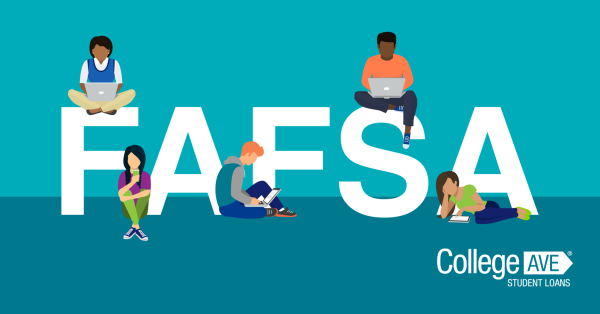More Student Autonomy in Schools

The educational system constantly calls for parental consent for their students, whether it be to attend a field trip or learn about sex education. Though, current generations of students show more contrasting ideas of requiring parental approval for mental help and expressing their preferred gender and identity.
While parental consent is essential as it allows guidance and authority over their own children, it is equally important to understand that the more adolescents continue to grow, the more they need to make their own decisions and decide what is best for themselves. Being said, students should be given more autonomy within schools that involve their mental health and sense of identity.
As the increased need for mental health services continues to surge throughout adolescents, some of its issues stem from the need for parental approval rather than a student’s inability to open up for help. Students can talk with their assigned counselors about any issue concerning them. Though the amount of help a counselor can do for a student comes with limitations, and many often have to refer to outside resources if the student shows a pressing need for support. In the Clark County School District’s (CCSD) policy 1140 under section E of sharing power, schools actively encourage parents to get involved with the decision-making of their children. If a student were to need a session with a psychiatrist or therapist, regardless of the severity of the issue, they would need their parents’ approval to be able to speak with one.
While understanding the importance of parental approval for issues revolving around their children’s mental health, many parents simply disagree with their children getting the support they need. Some parents do not believe schools should be involved in mental health at all, saying that social-emotional learning (SEL) has become the latest political flashpoint. Conservatives are now saying schools use it to promote progressive ideas about race, gender and sexuality, or that a focus on well-being takes attention from academics.
Regardless, many students can benefit from the idea that they can turn to an educated authority to help them navigate their own mental health. It could also be academically beneficial when a student can understand and manage their own emotions and stress, soloing their focus.
The “sense of belonging” is another sizable issue that many have tried to tackle. Many from the conservative side do not want the culture and ideologies of the LGBTQ+ community being “fed” into their child’s head. But even then, many from the community are the current youth, and parents simply just don’t accept it. Some students want the ability to change their name and pronouns, but CCSD’s policy 5138 requires the student to go through a parent-involved process to get those requests, considering it is a legal document, through the district. Parent involvement includes being able to submit the changes the students need to their name or pronouns and then they have to meet with a gender support group to have the name changed in Infinite Campus.
The policy, nevertheless, is harmful to some students. It could be whether the parents are unsupportive of their child’s preferred name for gender norm purposes or more. Some students believe policy 5138 is transphobic against transgender students or students who have preferred pronouns.
It is understandable that these policies are put in place for the safety of the student and for emergency tracing. Still, at some point, children hold a sense of independence and responsibility of their own selves.
Policies 1140 and 5138 are outdated and should be revised to fit the current generation of students.
In the case of mental health, campuses should have a therapist and psychiatrist on site, every day. If a student wishes to speak with one, it would be the same as if they were to chat with their assigned counselor. The upside to having these officials within schools is that students can be provided a level of comfort from talking to a preferred professional without needing to go through their parents, who may not agree with needing help. These experts also have the ability to diagnose disorders and certain illnesses, which could bring the student a sense of validation and reassurance that they are in need of support. If a student wants to harm themselves or others, then a higher authority needs to be contacted immediately, as it will put their safety at risk.
Students should also have autonomy over their preferred names and pronouns. Although parents may never agree to it, students should have a “sense of belonging,”, especially in a school setting. Infinite Campus’s ability to label a nickname for a student should be open to the student’s discretion, without needing parental consent. A student’s preferred name should be within the parenthesis allowed, and it will not interfere with their legal name for safety reasons.
Students deserve to obtain the support they need. If districts can enforce the No Hungry Kids Act–where students can eat free breakfast and lunch–then every student should be provided with the necessary tools and resources to aid their mental and identity protection. Students’ mental and emotional well-being is just as important as their education.











